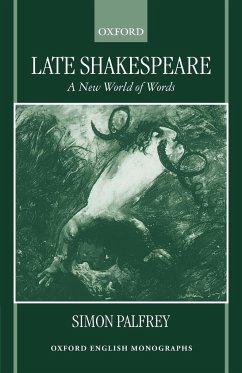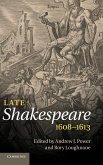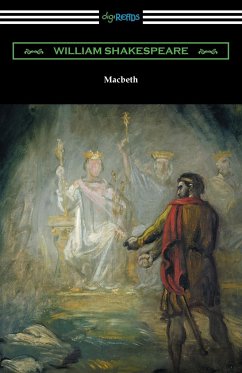contested history. Recent criticism tends to put a pre-emptive 'master-paradigm' above all else; a more sinuous, minutely attentive critical vocabulary is needed to apprehend Shakespeare's turbulent, precise, teeming metaphorical discourse.
Palfrey presents a new vision of character, metaphor, and politics in late Shakespeare. Closely analyzing Shakespeare's use of language and genre, he shows how the plays revamp theatrical decorums. The plays are not courtly, sober, and escapist, as their reputation suggests; rather, they are peculiarly sensitive to the turbulent, unfinished quality of Shakespeare's historical moment. In both court and wilderness, Shakespeare analyzes the violence of authority, the tensions in language, and the origin and prospects of both. Palfrey argues against a conventional sense of the plays' movement towards divinely sanctioned closure; mischief, irony, polysemy remain; romance's political problems are competitive, multiple, and tumescently unpredictable.
Hinweis: Dieser Artikel kann nur an eine deutsche Lieferadresse ausgeliefert werden.
Palfrey presents a new vision of character, metaphor, and politics in late Shakespeare. Closely analyzing Shakespeare's use of language and genre, he shows how the plays revamp theatrical decorums. The plays are not courtly, sober, and escapist, as their reputation suggests; rather, they are peculiarly sensitive to the turbulent, unfinished quality of Shakespeare's historical moment. In both court and wilderness, Shakespeare analyzes the violence of authority, the tensions in language, and the origin and prospects of both. Palfrey argues against a conventional sense of the plays' movement towards divinely sanctioned closure; mischief, irony, polysemy remain; romance's political problems are competitive, multiple, and tumescently unpredictable.
Hinweis: Dieser Artikel kann nur an eine deutsche Lieferadresse ausgeliefert werden.








